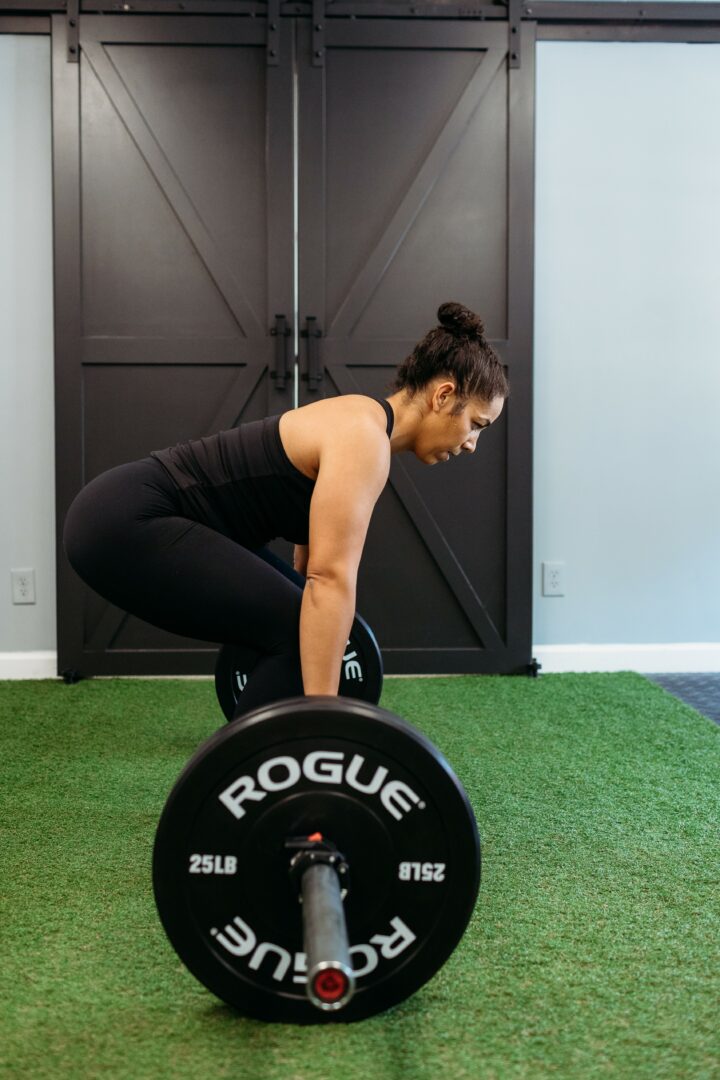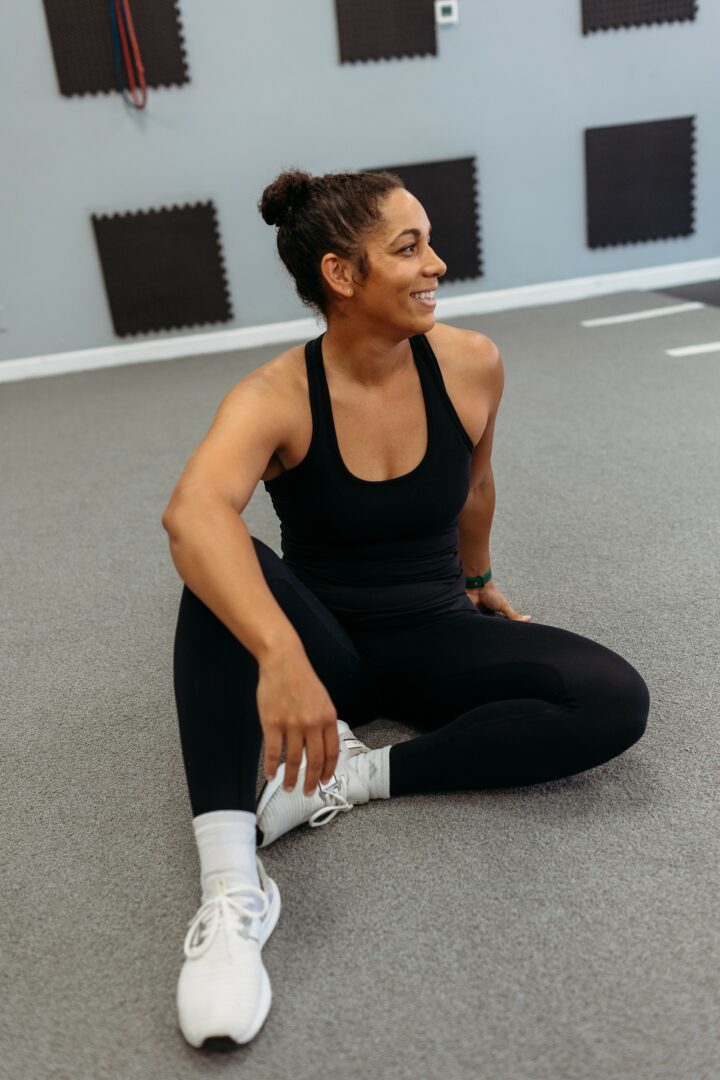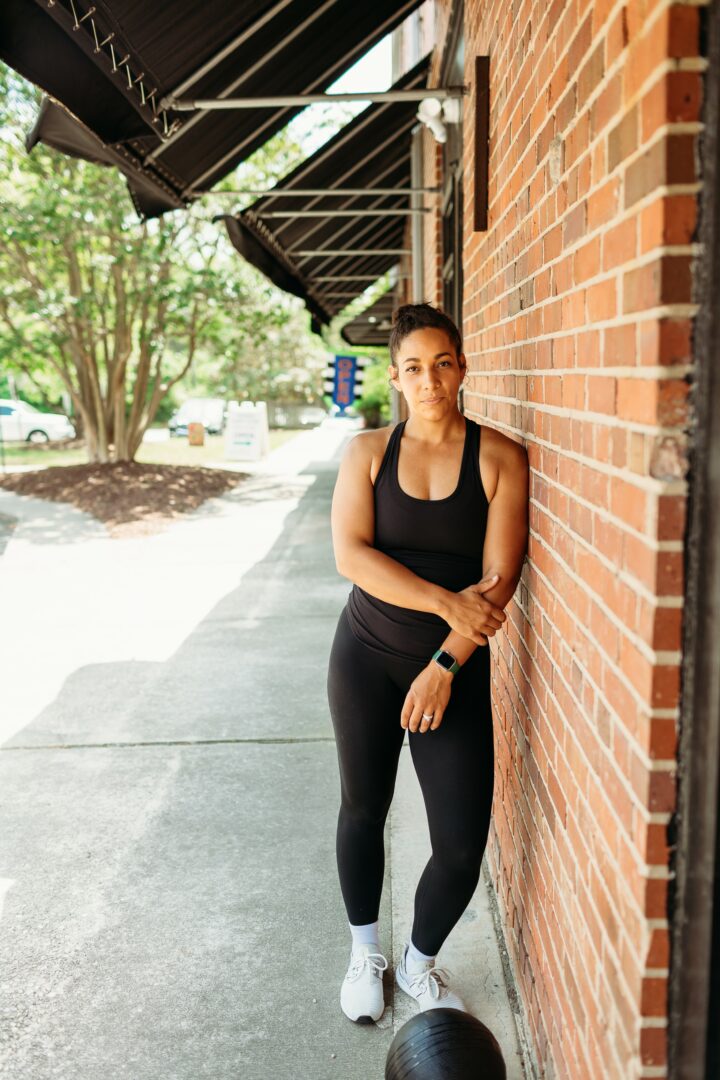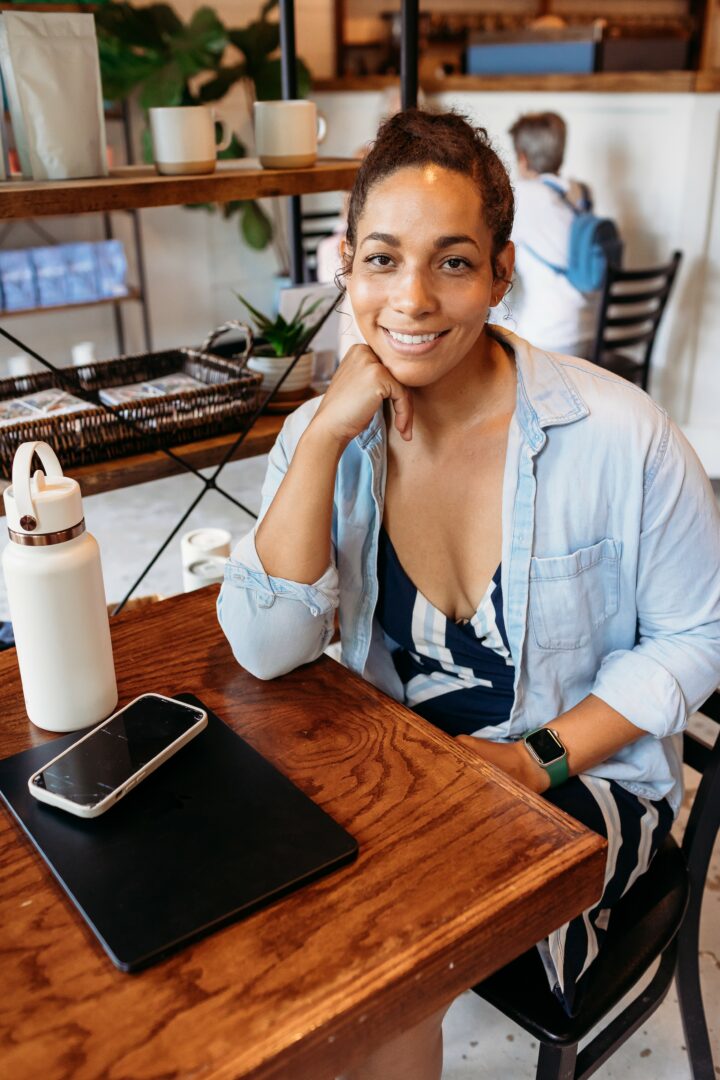We caught up with the brilliant and insightful Madeline Gourley a few weeks ago and have shared our conversation below.
Madeline, so great to have you with us today. There are so many topics we want to ask you about, but perhaps the one we can start with is burnout. How have you overcome or avoided burnout?
Burnout almost feels like an unwanted rite of passage in the U.S.—a symptom most people experience. But how you come out of it is what truly makes or breaks you. I’m a burnout pro (not a title I share with pride!), yet through all my bouts with it, I’ve found ways to overcome burnout before it takes hold of my life.
One way I’ve done this is by assessing my daily routine and ranking everything from most to least important. The problem I often faced was overfilling my days, whether with mundane tasks, household chores, work, side hustles, or parenting duties, my schedule was packed, and my mind was on fire. When I sat down with my husband to reevaluate what truly mattered, we were able to prioritize tasks, assign specific duties to certain days (instead of tackling small bits daily), and remove low-priority items altogether. It’s like a closet overhaul: tossing out those shirts you swore you’d wear again but haven’t touched in three years. Clear out the clutter in your mind, and burnout begins to fade.
Another way I combat burnout is by changing something. It’s the literal embodiment of the saying, “Doing the same thing over and over again and expecting different results is the definition of insanity.” If something is causing you to burn out, change it! I love change, even small ones. Change your morning routine to set up your day better, adjust your screen-time habits with your kids, or heck, change your job.
Those two habits have saved me from complete burnout, and they’re still the tactics I rely on whenever I start to feel the burn.

Great, so let’s take a few minutes and cover your story. What should folks know about you and what you do?
I’m finally at a point in my life where I’m truly excited about what I do. So, what is that exactly? It’s simple: I partner one-on-one with women, men, children, and families to improve their health outcomes, establish sustainable, health-driven habits, and overcome sickness and disease—a personalized approach to help people truly thrive.
What I love most about this career is helping people make small, consistent, and meaningful changes that lead to life-changing results, whether it’s removing medical diagnoses, successfully conceiving after years of trying, coming off medications (with their doctor’s approval, of course!), or regaining confidence they thought was lost for good.
What sets my approach apart from others in my field is my focus on personalization and segmental implementation.
Personalization: There’s no single “perfect diet plan” or “universal training program.” Each person I work with receives individualized care based on their unique medical history, lifestyle, goals, and accessibility.
Segmental implementation: We make changes in manageable steps rather than overhauling everything at once. That approach rarely works, as most people give up before they even scratch the surface of lasting change.
My philosophy is simple: Keep it personalized. Keep it simple. Keep thriving.

There is so much advice out there about all the different skills and qualities folks need to develop in order to succeed in today’s highly competitive environment and often it can feel overwhelming. So, if we had to break it down to just the three that matter most, which three skills or qualities would you focus on?
A quality that has been most impactful in my journey is tenacity. I went through three different career transitions and setbacks before landing where I am today, but without tenacity, I surely would have thrown in the towel and settled for something less fulfilling.
Another quality that has made a strong impact is trustworthiness. People naturally want to work with someone knowledgeable, but if there’s a lack of trust or authenticity, they’ll put up walls, and the relationship won’t progress. Being trustworthy and showing genuine authenticity allows people to feel comfortable with you and builds a real desire to connect.
Lastly, an area of knowledge that has been most impactful for me is research. In my field, research is essential to provide clients with credible evidence, whether supporting or disputing specific dietary patterns, workouts, or supplements. Knowing how to research properly goes far beyond a simple Google search. Understanding the differences between studies and their methodologies can have a significant impact on clinical recommendations.

Do you think it’s better to go all in on our strengths or to try to be more well-rounded by investing effort on improving areas you aren’t as strong in?
I believe it’s important to invest effort in improving areas where you’re not as strong—but with a slight catch. Let me explain with an example.
Prior to my junior year of high school, I was terrified of public speaking. I would completely unravel at the thought of it. However, I wanted to run for class president, and the only way to do that was to give a speech in front of the entire junior class and win them over. I still remember the mental battle it took to convince myself to go through with it, but what motivated me most was that others wanted me to run as they were tired of the current class president, who had held the role for the past two years. Was I good? Absolutely not. But to achieve what I wanted, I had to face that fear head-on.
Fast forward ten years, and I found myself working alongside a functional medicine doctor who pushed me even further out of my comfort zone with public speaking. I learned how to present myself confidently, how to practice effectively, what tone to use, and—most importantly—how to be myself. From there, I progressed to online speaking, leading live workouts, and creating videos as if I’d been doing it (and doing it well) for decades.
Now, you might be thinking, great story, but where are you going with this? Hang with me. Here’s the catch: I believe in improving your weaker areas as long as those skills are relevant to your life, career, or future goals. In my field, being a successful nutritionist and personal trainer means being comfortable speaking to large groups, showing up on camera, and communicating in a way that’s both effective and impactful.
Contact Info:
- Website: https://www.thrivebydesignnutrition.com/
- Instagram: https://www.instagram.com/thrivingwithmads



so if you or someone you know deserves recognition please let us know here.




